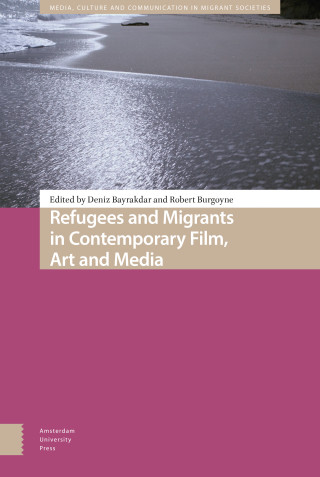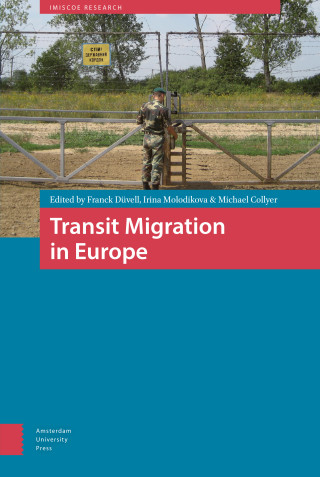At the end of WWI, millions of military and civilians were displaced across Europe, the south of the Caucasus, and the Eastern Mediterranean. While the majority made their way home, genocide, revolution, and post-war instabilities complicated the repatriation of prisoners of war from Russia and the Central Powers and pushed Russian and Armenian refugees into exile. In response, an array of international organizations intervened: three of them, the International Committee of the Red Cross, the League of Nations, and the International Labor Organization, implemented humanitarian, political, and legal measures to protect prisoners of war and refugees. This book tells a story of failures and innovations, where humanitarians interacted with the persons assisted in refugee camps, agricultural colonies, trains, and harbors, which were often situated “at the doors of Europe” in order to preserve peace at its heart. Diplomatic negotiations and mundane practices of care concurred in the emergence of a plural, discordant, and partial governance of refugee protection.





